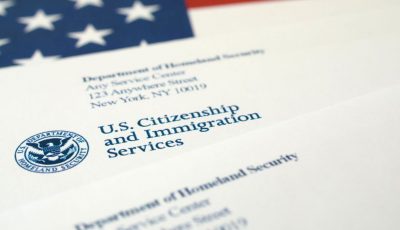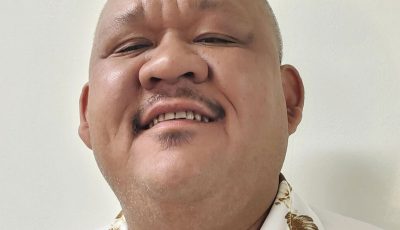‘Changing immigration policy is always difficult’
Delegate Gregorio Kilili Camacho Sablan (Ind-MP) issued the following statement yesterday in response to a notice by U.S. Citizenship and Immigration Services that the E-2 CNMI investor visa program is scheduled to expire on Dec. 31. USCIS also issued an advisory that the current exemption for the Northern Mariana Islands and Guam from the national limit on the number of H visas for temporary workers was expiring at the end of this year too. Both programs were established by U.S. Public Law 110-229 with the end-date set by that law.
“USCIS is warning E-2 CNMI investors and, also, businesses that depend on unlimited H visa workers to prepare for these programs to end on Dec. 31. That is the responsible action for USCIS to take.
“I remain committed, though, to getting Congress to extend both the E-2 CNMI investor visa and the H visa exemption to the end of 2019.
“When the Commonwealth government was in charge of immigration, those 261 foreign investors who now hold E-2 CNMI visas were promised they could stay if they put their money into the Northern Marianas economy. I believe we have an obligation to keep that promise, and we certainly cannot afford to see those investments leave our economy.
“The exemption from the national cap on H visas may not seem important to the Northern Mariana Islands because we have few H visa temporary workers now. But investors planning for the future need to know that when they are ready to build a new hotel or other large project they will have access to temporary foreign construction workers if there are not enough U.S. workers. Without the exemption from the H visa cap, employers in the Northern Marianas would have to compete for those temporary workers with employers throughout the entire United States. And that prospect could scare off potential investors.
“As worthy as both the E-2 CNMI and H visa policies are, however, there is no guarantee that Congress will act to extend them during the few days we are in session after the November election. I do have the help of Republicans and Democrats in both the House and the Senate with whom I have worked with on these issues for almost six years. People understand this is a time-critical issue. And I have been able to get several bills close to the legislative finish line, notably S. 1237 and H.R. 83, which passed the Senate last Thursday. But anything to do with immigration can be very contentious, and sometimes one person can block passage of a bill.
“There is opposition here in the Marianas, too, from some who say that Public Law 110-229 and the policies it put in place violated the Covenant and that there should be no extension. These local opponents add to the difficulty of passing a bill in Congress. They make it harder to legislate policies to allow the Northern Mariana Islands economy to rebound from an almost 10-year period of economic decline. They make it harder for us to keep the Commonwealth’s promise to 261 foreign investors. They make it harder for us to be sure we have access to temporary construction workers to build over 2,000 hotel rooms Commonwealth elected officials have been promised in the coming years.
“Despite these difficulties, I will continue working toward the goal of extending these well-thought out policies until 2019. That goal has the backing of the Commonwealth government and is best for the future of our local economy.” (Office of the Delegate)



























